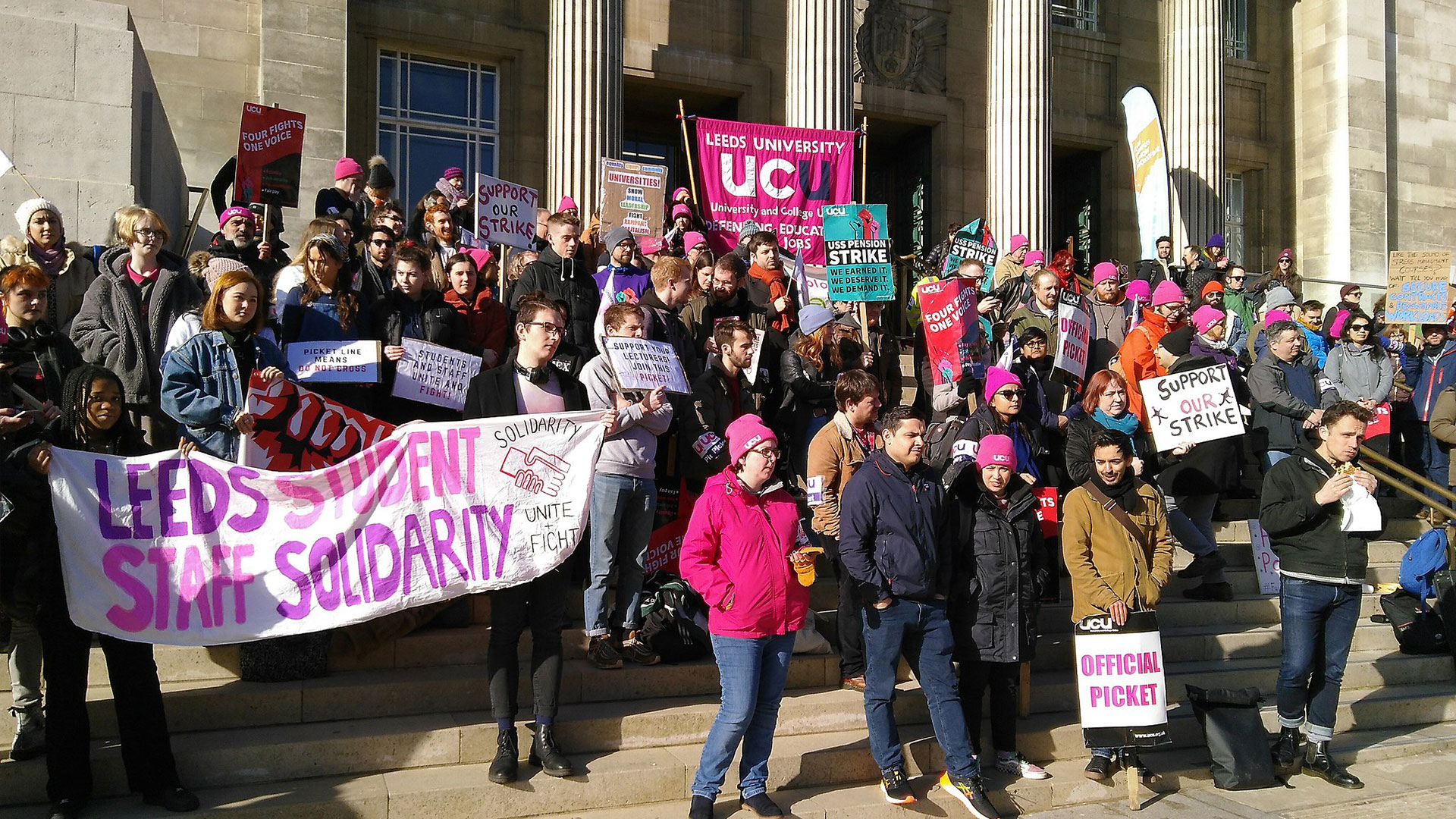In 1981, Glasgow granted Nelson Mandela the freedom of the city. They were the first in the world to honour him in this way. It was a bold decision. The Free Nelson Mandela movement hadn’t taken hold. He was still seen as a terrorist by establishment figures and national governments. The debate over whether Margaret Thatcher, a few years later, called him and the ANC, the organisation he represented, terrorist, is still unsettled.
However, Glasgow pushed ahead. Mandela paid tribute after his release.
“While we were physically denied our freedom in the country of our birth,” he said, “a city 6,000 miles away, and as renowned as Glasgow, refused to accept the legitimacy of the apartheid system, and declared us to be free.”
The city didn’t stop there. In 1986 they renamed St George’s Place as Nelson Mandela Place. There was a certain Glaswegian gallusness to the location choice. It was where you’d have found the South African consulate-general.
Now, 40 years on I’m not sure such a change would be possible. I believe that the decision to do something as risky today would be slammed as woke, that it was snowflakes trying to rewrite history because they’re upset at perceived injustice. Then social media would burn and fester, those behind the move would be vilified and plans would quietly melt away.
We should be able to make mistakes in language and approach without being cancelled for them
The news that the government is launching a “war on woke” and will appoint a Free Speech Champion is not surprising. The signals had been growing in recent times. In this new battlefront, charities and other institutions that rely on some public purse backing will be told to “defend our culture and history from the noisy minority of activists constantly trying to do Britain down”.









